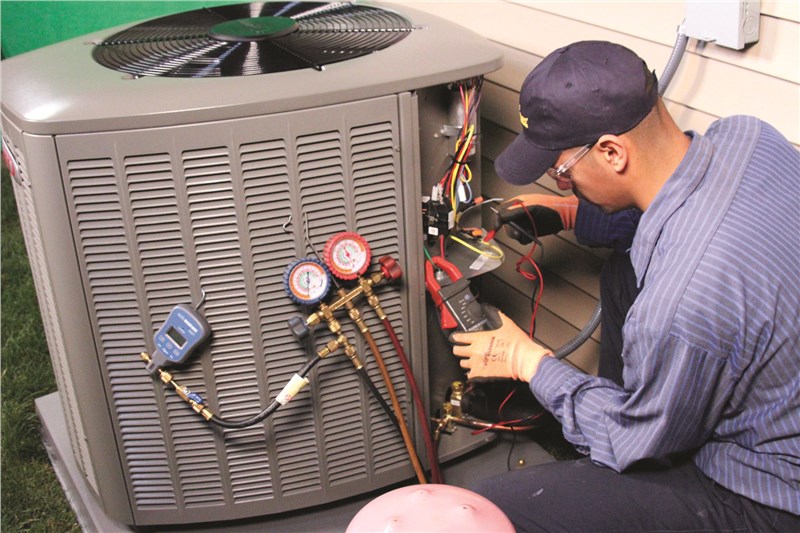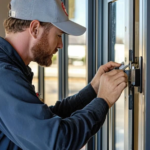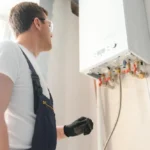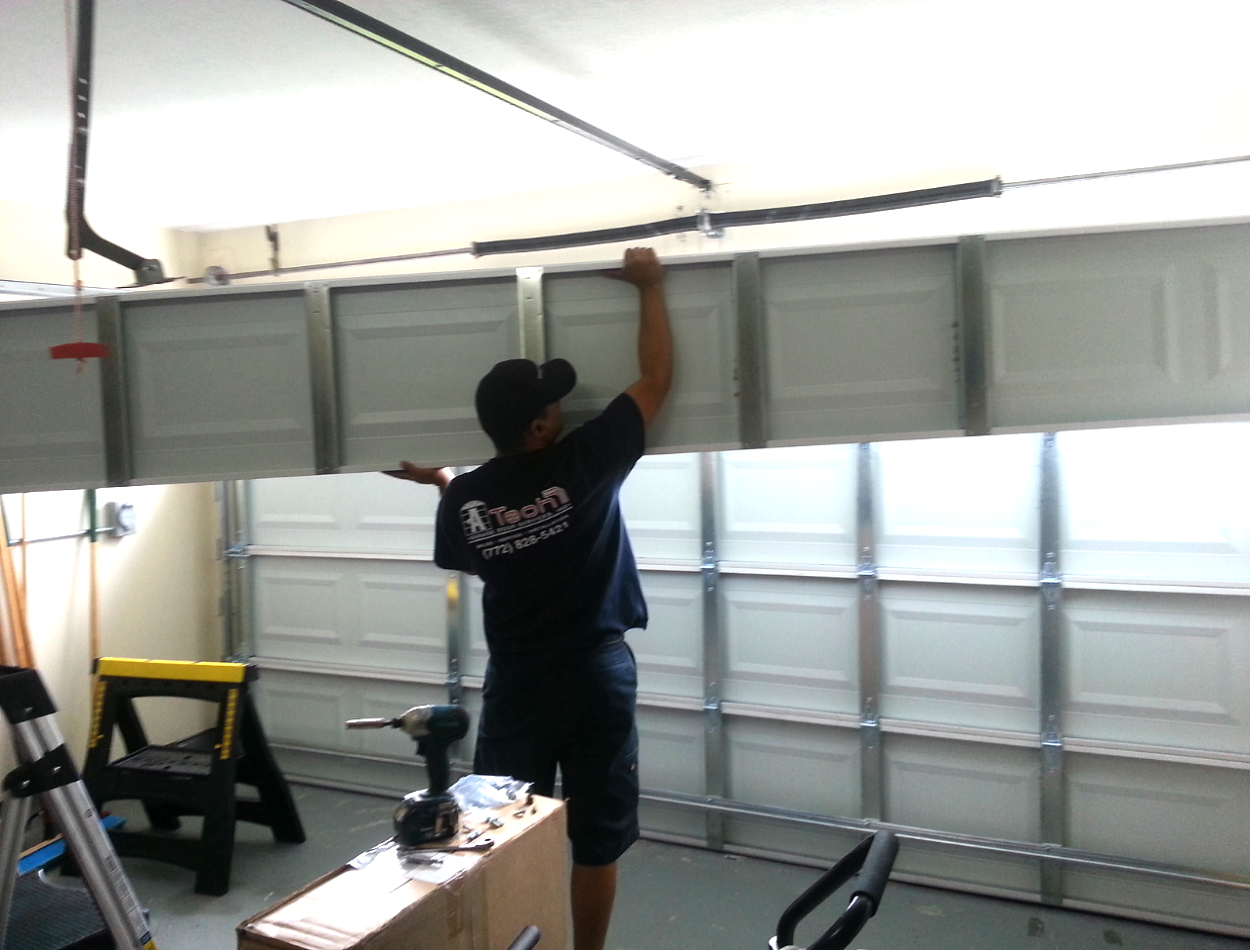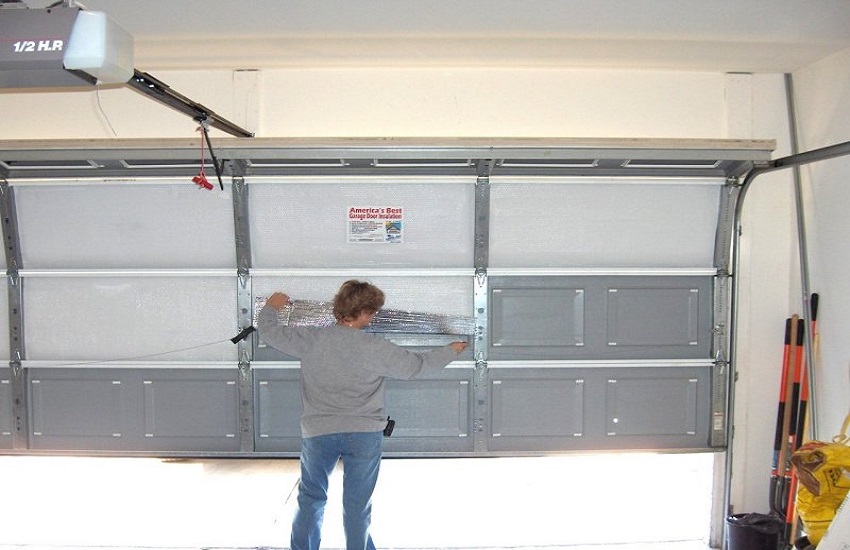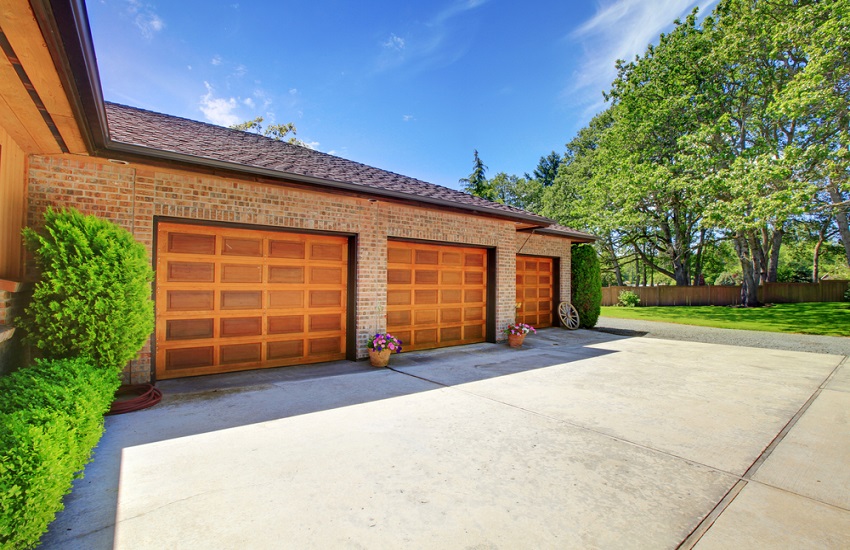
HVAC Repair vs Replacement: Making the Right Decision
Maintaining a comfortable environment in your living or workspace is crucial. However, your HVAC system might break down completely with time, and you have to make two hard decisions: Should you have it repaired in Ooltewah or replaced completely?
In this article, we aim to clarify the differences between HVAC repair and replacement to help you make an informed decision.

Content
Considering the Cost
Whether you choose HVAC repair Ooltewah or replacement depends heavily on the cost. Repairing an HVAC system that has only been used for a few years might be cost-effective. However, replacing a system that has been used for more than ten years may be more reasonable.
Weighing the Energy Efficiency
Older HVAC systems are less energy efficient than newer models. A replacement might be a viable solution if your energy bills have been skyrocketing due to an old HVAC system.
System’s Lifespan
HVAC systems are designed to last up to 15 years. If your system is over ten years old and has been experiencing numerous breakdowns, it indicates it’s time for a replacement.
Frequent Problems
If you’re spending more time contacting the HVAC repair team in Ooltewah, it could be a sign that your system needs a replacement rather than frequent repairs. This blog outlines further signs that your HVAC system might need immediate repair.
Weighing Comfort and Performance
If your HVAC system doesn’t provide the level of comfort it used to, is loud, or shows signs of inconsistent temperatures, it might be time to replace it.
Your HVAC system should provide consistent and balanced temperatures throughout your home and minimal noise.
Higher Energy Bills
As HVAC systems age, they become less energy-efficient. This means that they require more energy to operate, resulting in higher utility bills. If you’ve noticed a significant increase in your energy bills without any major changes in usage, it could be a sign that your HVAC system needs to be replaced.
Environmental Impact
Older HVAC systems not only consume more energy but also have a larger carbon footprint compared to newer models. By upgrading to a newer and more efficient model, you can reduce your environmental impact and contribute to a greener planet.
New Technologies
Today’s HVAC systems offer advanced technologies that improve performance and efficiency. These include programmable thermostats, variable-speed motors, and smart controls. By upgrading to a newer system, you can take advantage of these technologies and have greater control over your heating and cooling.
Improved Air Quality
Older HVAC systems may struggle to maintain proper air quality in your home due to wear and tear. This can lead to an increase in allergens, dust, and other pollutants circulating in the air. Newer systems are designed with improved filtration systems that can help reduce these pollutants and improve the overall air quality in your home.
Cost Savings
While the initial cost of replacing your HVAC system may seem daunting, it is important to consider the long-term cost savings. With a new and efficient system, you can significantly lower your monthly utility bills and save money on repairs and maintenance. Additionally, some energy-efficient systems may also qualify for tax credits or rebates, providing even more savings in the long run.
Smart Home Integration
Another benefit of upgrading to a newer HVAC system is the ability to integrate it with smart home technology. This allows you to control your heating and cooling remotely through your smartphone or other devices. You can adjust the temperature, set schedules, and receive notifications if there are any issues with your system. This level of control not only adds convenience but also helps you save energy by ensuring that your system is only running when necessary.
Conclusion
Choosing between HVAC repair or replacement depends on several factors, including cost, comfort, performance issues, and the system’s lifespan. Understanding these aspects can greatly influence your decision and help you choose the option that best fits your needs. Always remember that while frequent repairs in the short term might seem cheaper, a replacement could provide better energy efficiency and performance in the long run. Finally, no decision should be taken lightly. Consult with a reliable HVAC expert to determine the best course of action.

My name is Wilson Michel. I post about home improvement ideas and how to make your home look beautiful and liveable. I hope my posts will help you with your DIY projects!




